
On the eleventh hour of the eleventh day of the eleventh month, one hundred years ago, the Armistice came into effect and the guns fell silent after four years of horror. The Great War, the ‘war to end all wars’, was over and the survivors of the conflict would be able to come home. In fact, we have known not one year of peace since that date.
No-one knows how many would never come home from the Great War. Between military and civilian deaths, it is estimated that over twenty-three million people died. World War Two, a generation later, would claim the lives of somewhere between seventy and eighty-five million people. Of those who survived, not all came home whole. None would return unchanged. Many lost limbs, sight, health and hearing. Many minds were overturned by horror.
“We were in the trenches. I was so cold I went out (and took shelter in a farm house). They took me to prison so I will have to go in front of the court. I will try my best to get out of it, so don’t worry.”
Private Abe Bevistein, aged 16, to his mother, just before he was executed by firing squad for deserting his post in WWI. He had been on the front line for a month when a grenade exploded next to him and he went to the rear to seek help. A medical officer said that he was fit to return to fighting, but he wandered off. Bevistein was one of 306 executed in this way, many of whom would today have been recognised as suffering from PTSD. Over eighty thousand were diagnosed with shell shock.
To speak in millions almost dehumanises the scale of the loss and grief. It is difficult to see individuals in such vast figures. To think in terms of the entire population of most countries still leaves it too impersonal. You have to look closer to home.

There are around sixteen thousand villages in England alone and only forty-one of them are ‘Thankful Villages’ who saw all their children return from the Great War. My village was not one of them. I live in a small, English village of around six hundred households. It is a rural village, surrounded by farm land, as peaceful a place as you could find. Many of the families who live here have done so for generations and many of those family names are inscribed on the village war memorial and in the Roll of Honour.
“We went up into the front line near Arras, through sodden and devastated countryside. As we were moving up to our sector along the communication trenches, a shell burst ahead of me and one of my platoon dropped. He was the first man I ever saw killed. Both his legs were blown off and the whole of his body and face was peppered with shrapnel. The sight turned my stomach. I was sick and terrified but even more frightened of showing it.”
Victor Silvester, later known as a bandleader and musician, lied about his age to join up in 1914. He said he was of age, but was only fourteen. He was sent to Arras and, while he was there, was ordered to take part in five executions by firing squad. These executions haunted him for the rest of his life.
Continue reading at The Silent Eye










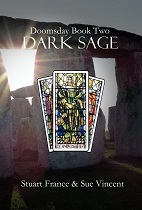













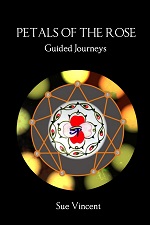






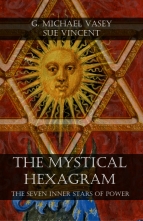

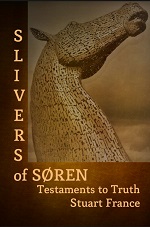


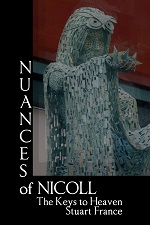


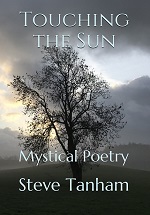

Harrowing
LikeLiked by 1 person
Children…
LikeLiked by 1 person
Yes
LikeLiked by 1 person
It’s difficult to ‘like’ this post. But I do so in respect to the men and women your story, and all of the stories I’m reading today, are telling us about. Thank you Sue, for remembering them to us.
LikeLiked by 1 person
Thank you, Colleen, for reading.
LikeLiked by 1 person